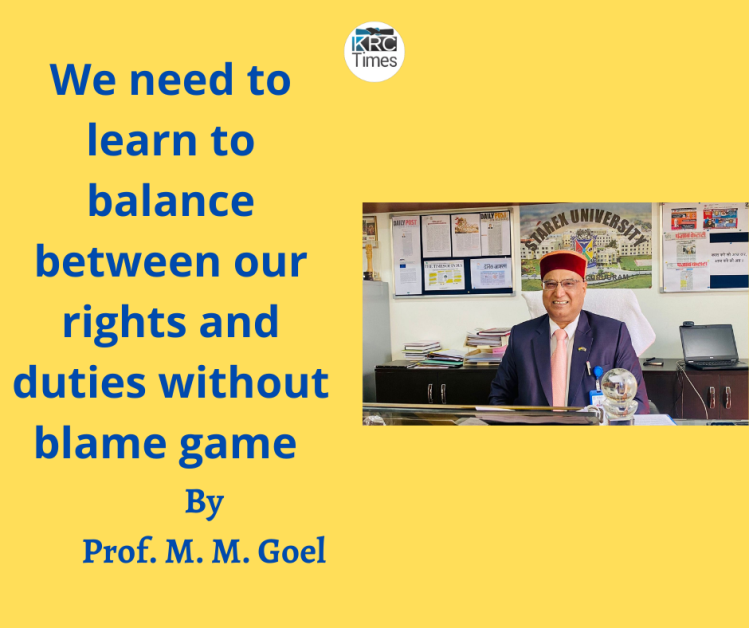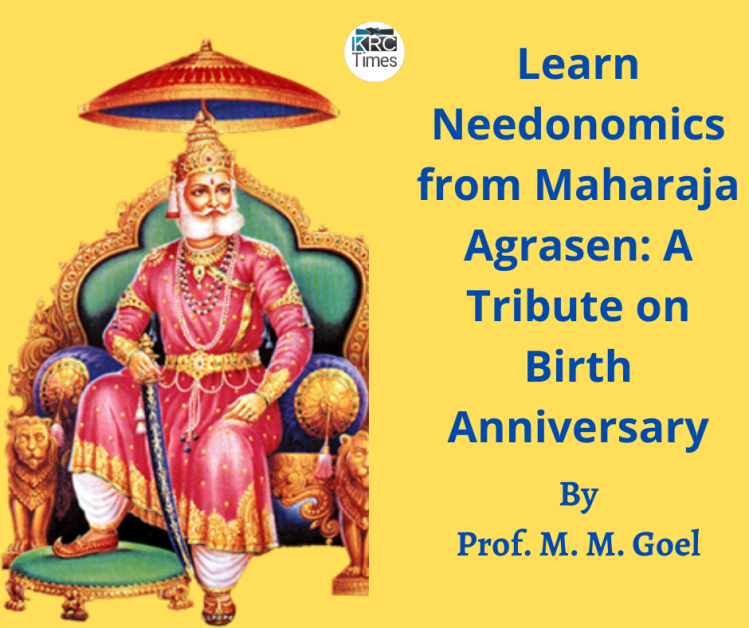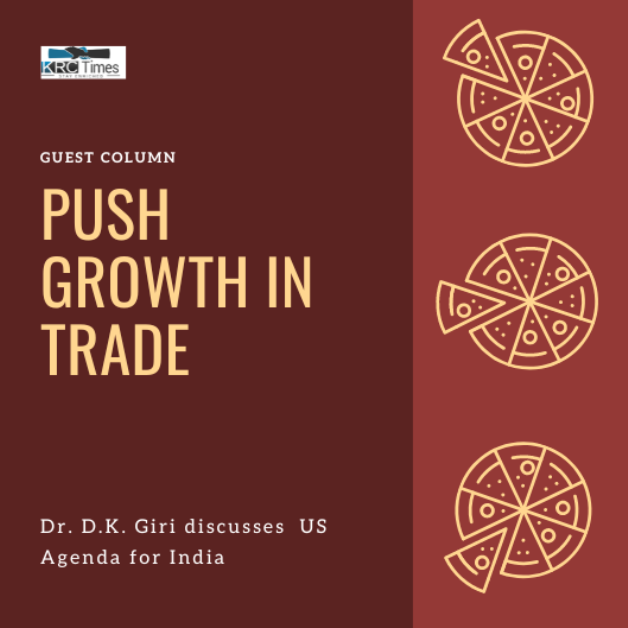India is now in the grip of a public health emergency. In crowded cemeteries, social media feeds are filled with videos of Covid’s funeral, long queues of ambulances carrying gasping patients, mortars overflowing with the dead, and Occasionally patients in hospital corridors and lobbies, more than two in one bed
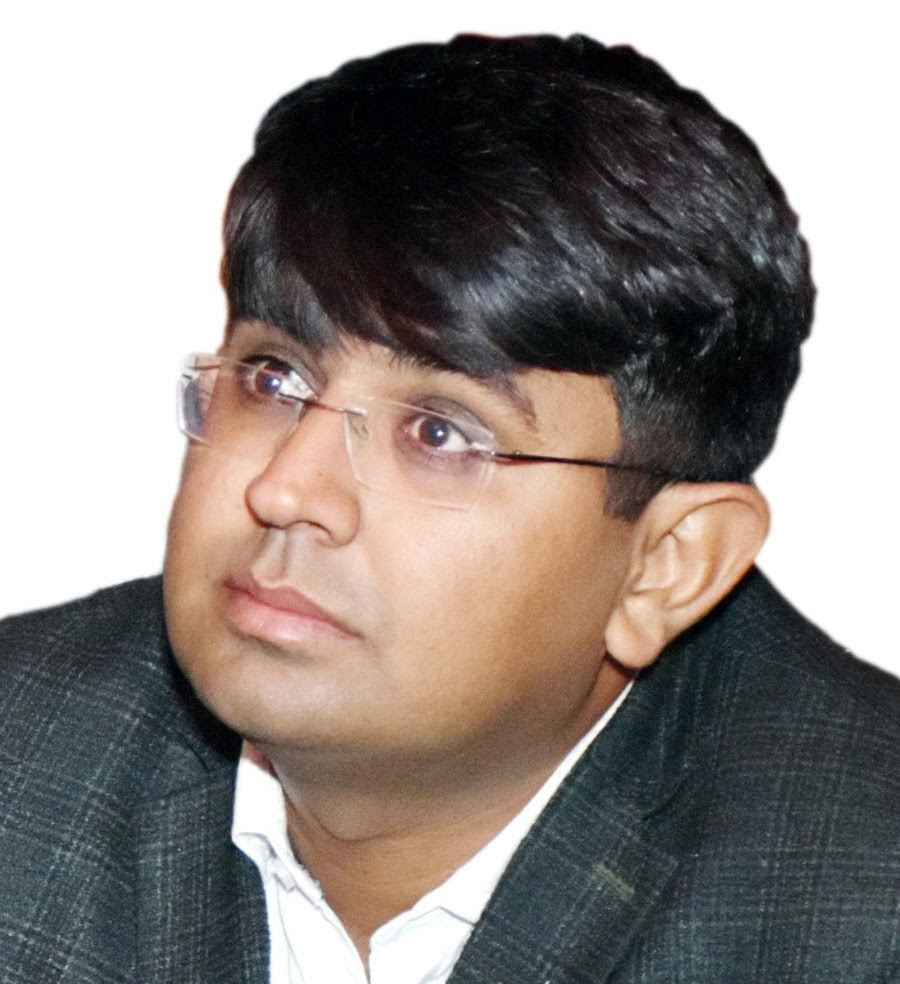 Satywan Saurabh
Satywan Saurabh
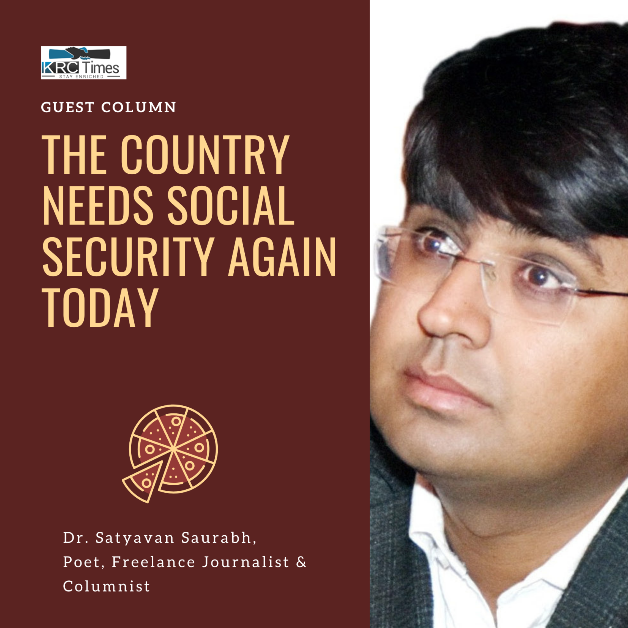
India is grappling with the second wave of the epidemic that has completely devastated the world by 2020. Our country witnessed many crises, including large-scale inter-migration and food insecurity, and collapsing health infrastructure. Now the second wave has also brought middle and upper-class citizens to their knees. Economic capital, in the absence of social capital, has proved inadequate in accessing health facilities. Today the disease is universal, but not healthcare.
The state-funded welfare state today is falling short of dealing with the epidemic, while the country has more than 500 direct benefit transfer schemes, for which various central, state, and line departments are responsible. However, these schemes have not reached those who are needy.
Current plans cover many types of social security. However, they differ in different departments and sub-schemes. This leads to problems ranging from data collection to last-mile distribution.
India is now in the grip of a public health emergency. The crowded cemeteries are filled with social media feeds with videos of Kovid’s funeral, long queues of ambulances carrying gasping patients, mortars overflowing with the dead, and occasional patients in the corridors and lobbies of hospitals, More than two on one bed. There are pleas for help with beds, medicines, oxygen, essential medicines, and tests. Drugs are being sold on the black market, and test results are taking days.
Responsible for all this, several elections were held in India and the Kumbh Mela was followed without proper social discrimination norms, which aggravated the situation. Universal vaccination was slow and not well targeted, inadequate supply, and augmented by foreign vaccines.
The country needs universal social security again today.
In the past, we have seen an example of a universal health program that has run successfully in India – the Pulse Polio Universal Immunization Program. In 2014, India was declared polio-free. It made a dedicated effort over many years. With advances in knowledge and technology, universal coverage of social welfare is possible in a shorter time frame.
Having a universal system will improve the ease of application by consolidating the data of all eligible beneficiaries under one database. It can also reduce exclusion errors.
Pradhan Mantri Garib Kalyan Yojana (PMGKY) is a scheme that can be strengthened in universal social security. It already consolidates the public distribution system (PDS), provision of gas cylinders, and wages for Maganrega.
Having a universal plan will remove this access barrier. For example, PDS can be linked to a universal identity card such as an Aadhaar or voter card in the absence of a ration card. This will allow all those who need food grains to access these schemes. This would be particularly useful for migrant populations.
Universalizing other schemes/welfare provisions such as education, maternity benefit, disability benefits, etc. will also ensure a better standard of living for the people. Implementation of any of these ideas is possible only through a focus on data digitization, data-driven decision making, and collaboration in government departments.
We need to map state and center plans in a consolidated manner. This is to avoid duplication, inclusion, and exclusion errors in welfare distributions. Along with this, try to understand the cost of welfare outreach for vulnerable groups which will help to give a targeted path forward.

